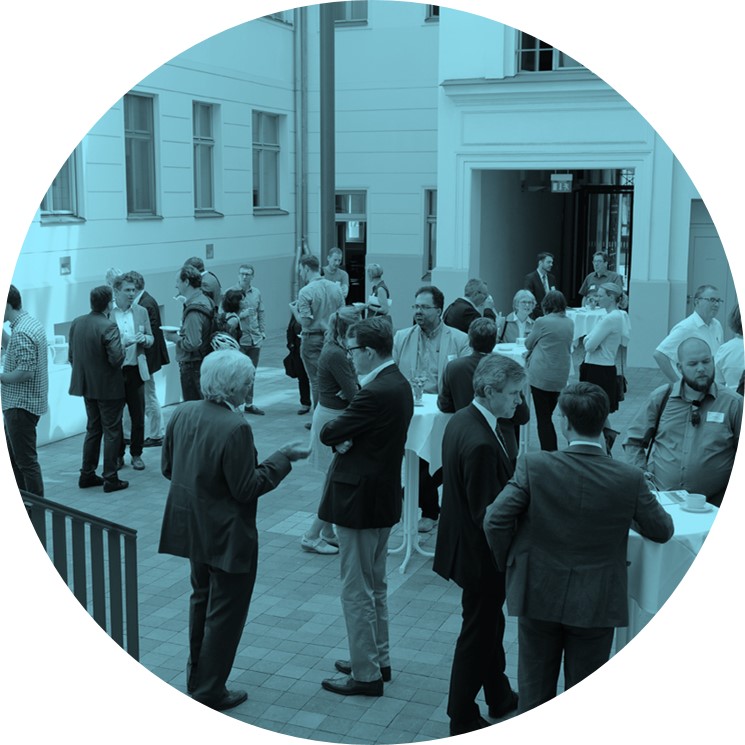On 17 February 2022, the online event “Science for questionable purposes? Dual use and its consequences” was held as part of the Leopoldina discussion series “On Freedom and Responsibility in the Sciences”. It was organised by the Leopoldina Committee on Science and Ethics and the Leopoldina Centre for Science Studies in cooperation with the Joint Committee.
The main questions were, on the one hand, to what extent individual researchers can bear responsibility for the consequences of their research and which institutions could relieve them of some of this responsibility. The participants discussed on the other hand whether and how legal regulation of research was possible and appropriate.
Florian Kraus from the Institute of Inorganic Chemistry at the University of Marburg and member of the Joint Committee was of the opinion that regulation was possible and reasonable in certain respects – examples of this were the Chemical Weapons Convention and export control lists of the Federal Office of Economics and Export Control (BAFA), but that in many areas of research, such as the development of new chemical compounds, legal regulation was neither realistic nor expedient. Carsten Reinhardt, historical science researcher at the University of Marburg, agreed with this position in essential points and supported it with examples from the history of science. He argued for a transparency obligation with regard to research cooperations, for example to disclose the cooperation of German research institutions with military institutions or otherwise high-risk actors. The question of the extent to which responsibility for the consequences of dual-use research lies with individual researchers on the one hand and, for example, research institutions and policymakers on the other, could not be answered conclusively.
Towards the end of the discussion with the audience, the spotlight fell on the question of the relationship between dual-use and defence research. While Kraus suggested differentiating between exclusively defensive military research and research that could also be used for offensive purposes, Reinhardt was sceptical that there could be such a thing as purely defensive research. To illustrate this, he cited the development of the gas mask, which enabled German troops to use gas as a combat agent against enemy troops in the First World War in the first place.
Science for questionable purposes? Dual use and its consequences


